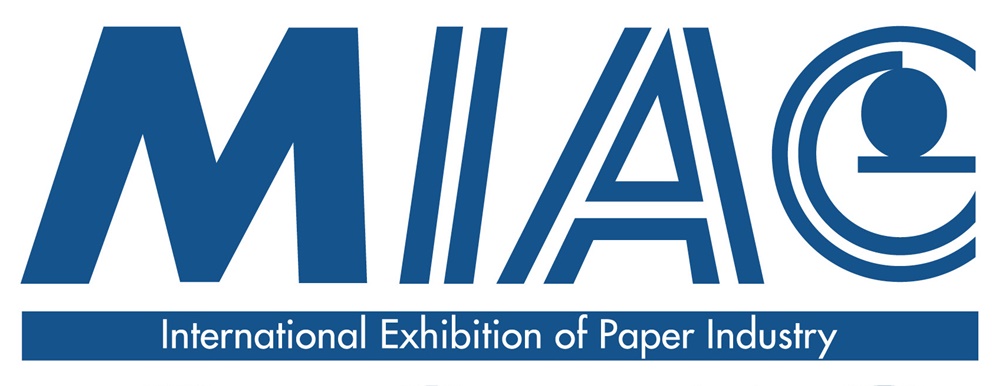NEWS
BASF wants to promote more women in leadership positions
By 2030, BASF wants to increase the proportion of women in leadership positions to 30 percent worldwide. At the end of 2019, the proportion of female managers was 23.0 percent (2018: 21.7 percent). In 2015, BASF had set itself the target of increasing the proportion of women in leadership roles to 22 to 24 percent as of 2021, which it achieved ahead of schedule at the end of 2019.
The goal of a better gender balance in the leadership team is to be achieved for the BASF Group worldwide and for the leadership levels overall. At BASF, this includes the management levels in all countries where the company operates, thus reflecting the global approach to the development of leadership. BASF puts a special focus on the three leadership levels below the Board of Executive Directors. As multipliers, these leaders can make a significant contribution to further developing a diverse corporate culture. This helps BASF to be an attractive employer for everyone. At the three leadership levels below the Board of Executive Directors, the proportion of female leaders is 15.8 percent (as of December 31, 2019).
“We want to better incorporate women and their abilities in the leadership team of BASF. As a research-driven company, we know the value of diverse ways of thinking and working. Different perspectives result in innovative ideas and solutions for our customers,” said Dr. Martin Brudermüller, Chairman of the Board of Executive Directors of BASF SE.
The new target also contributes to implementing the corporate strategy, which aims for profitable growth and creating value for society.
Measures to achieve the target
All leaders are obliged to pursue the new target. Early recognition, nomination and development of talented female employees as well as long-term succession planning will contribute to reaching the goal. The majority of leadership positions at BASF are filled internally. BASF supports young leaders by offering individualized mentoring and training programs.
Since 2016, the company has been a member of the Germany-wide Chefsache initiative. This network of leaders from industry, academia, the public sector and media aims to initiate social change, such as increasing the percentage of women in leadership positions in Germany.








